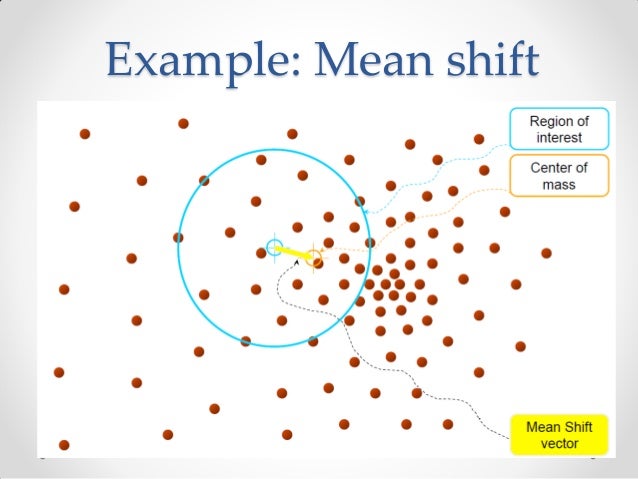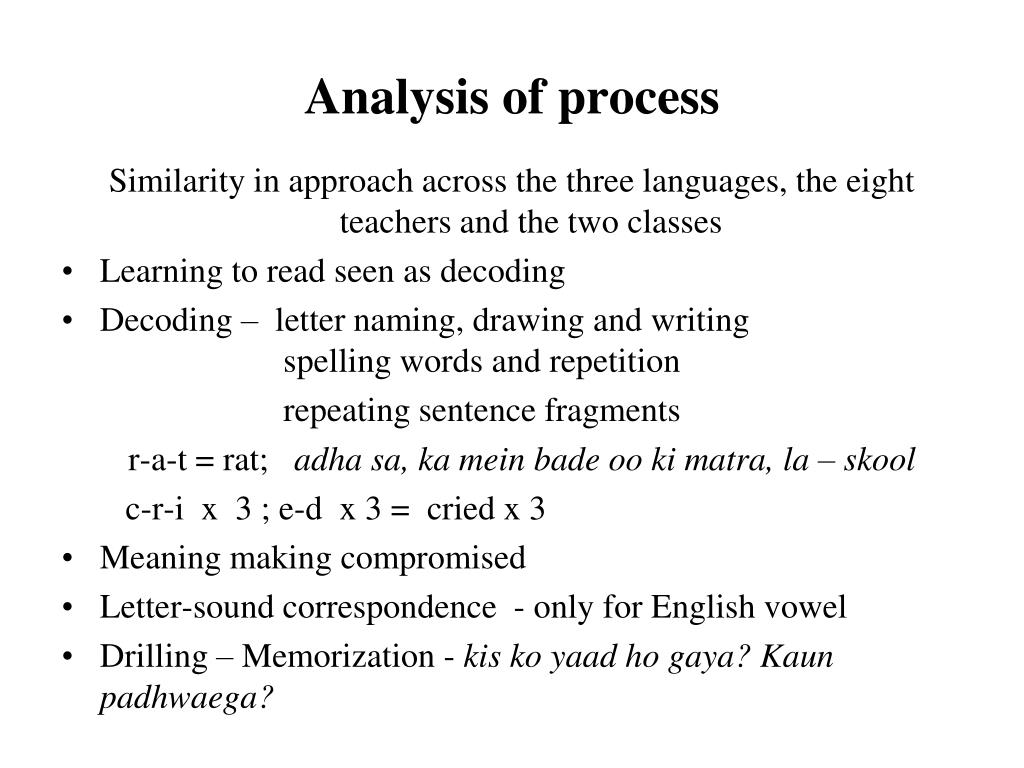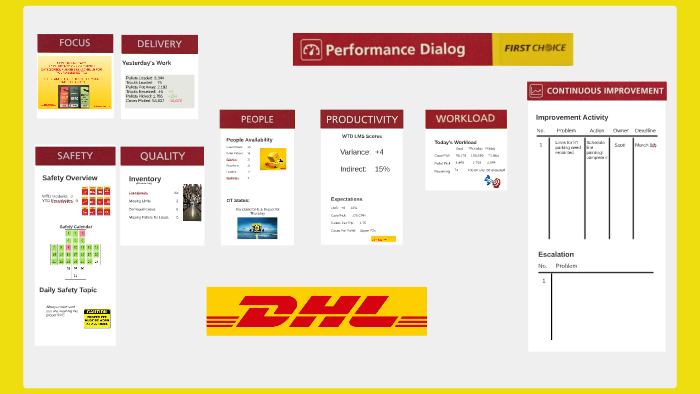Pre Shift Meaning
You give short shrift to a person or situation (or can make short shrift of something), not short shift.While the words short and shift may be found used together, it generally is without the fixed set of meanings that short shrift has, and is not something we would define. And no, there is no real connection between giving someone short shrift and short-sheeting their bed. The pre-shift meeting happens before the hustle of the lunch or evening rush takes over. It’s a period where managers can share updates to the menu, answer accompanying questions, assign server side work and pre-shift work, and address other housekeeping tasks. The pre-shift meeting can be an effective tool for managers to motivate restaurant. Pre -shift 'roll calls' are work time. Time spent setting up equipment before the official start time of a shift is work time. Some employees may similarly 'stay late' after shifts performing work; this ti me must be counted as work time, as well. Time spent by an employee cleaning equipment after the close of a shift is work time.
Pre-service meetings are an opportunity to get your team invested in the restaurant’s sales goals. Before each pre-service meeting, make sure you know your budgeted sales for the shift and for the day, broken down by category (food, liquor, merchandise, etc). Per diem work is not a stable option if you seek job growth, paid time off and benefits, but it doesn’t mean it can’t lead to an opportunity. Per Diem Meaning for Full-Time Employees. Full-time employees don’t escape the term “per diem” in the course of their careers.
Pre Shift Safety Meeting Form
(a) The general rules on compensable hours of work are set forth in 29 CFR part 785 which is applicable to employees for whom the section 7(k) exemption is claimed. Special rules for sleep time (§ 553.222) apply to both law enforcement and employees in fire protection activities for whom the section 7(k) exemption is claimed. Also, special rules for meal time apply in the case of employees in fire protection activities (§ 553.223). Part 785 does not discuss the special provisions that apply to State and local government workers with respect to the treatment of substitution, special details for a separate and independent employer, early relief, and work performed on an occasional or sporadic and part-time basis, all of which are covered in this subpart.
(b) Compensable hours of work generally include all of the time during which an employee is on duty on the employer's premises or at a prescribed workplace, as well as all other time during which the employee is suffered or permitted to work for the employer. Such time includes all pre-shift and post-shift activities which are an integral part of the employee's principal activity or which are closely related to the performance of the principal activity, such as attending roll call, writing up and completing tickets or reports, and washing and re-racking fire hoses.
(c) Time spent away from the employer's premises under conditions that are so circumscribed that they restrict the employee from effectively using the time for personal pursuits also constitutes compensable hours of work. For example, where a police station must be evacuated because of an electrical failure and the employees are expected to remain in the vicinity and return to work after the emergency has passed, the entire time spent away from the premises is compensable. The employees in this example cannot use the time for their personal pursuits.
(d) An employee who is not required to remain on the employer's premises but is merely required to leave word at home or with company officials where he or she may be reached is not working while on call. Time spent at home on call may or may not be compensable depending on whether the restrictions placed on the employee preclude using the time for personal pursuits. Where, for example, an employee in fire protection activities has returned home after the shift, with the understanding that he or she is expected to return to work in the event of an emergency in the night, such time spent at home is normally not compensable. On the other hand, where the conditions placed on the employee's activities are so restrictive that the employee cannot use the time effectively for personal pursuits, such time spent on call is compensable.

(e) Normal home to work travel is not compensable, even where the employee is expected to report to work at a location away from the location of the employer's premises.
(f) A police officer, who has completed his or her tour of duty and who is given a patrol car to drive home and use on personal business, is not working during the travel time even where the radio must be left on so that the officer can respond to emergency calls. Of course, the time spent in responding to such calls is compensable.
(g) The fact that employees cannot return home after work does not necessarily mean that they continue on duty after their shift. For example, employees in fire protection activities working on a forest fire may be transported to a camp after their shift in order to rest and eat a meal. As a practical matter, the employee in fire protection activities may be precluded from going to their homes because of the distance of the fire from their residences.

Effective May 16, 2018, a permit holder at a site that requires a site safety manager, site safety coordinator or construction superintendent must ensure that each construction or demolition worker employed or otherwise engaged at such site by the permit holder or performing subcontracted work for or on behalf of such permit holder takes part in a safety meeting at the beginning of the worker’s shift, and before the worker begins any construction or demolition work in the shift.
The safety meeting must be held under the following conditions:

- The pre-shift meeting must be conducted by a Competent Person who has the ability to communicate with each worker who takes part in the meeting
- Content: The meeting covers a review of activities and tasks to be performed during the shift, including specific safety concerns or risks associated with the work.
- Records: The permit holder must maintain a record of at least one pre-shift safety meeting per week for each worker.
The records must include the following:
Pre Shift Meaning Urban Dictionary
- The date and time of when the meeting was held.
- The name, title and company associated to each worker who participated.
- The name, title and company association of the competent person who held the meeting.
- The signature of the competent person who conducted the meeting.
Failure to conduct pre-shift safety meetings or keep records of these meetings may result in the imposition of penalties.
For further information, read Local Law 204 and BC 3301.12 and BC 3301.12.3, found on the Department’s website.
